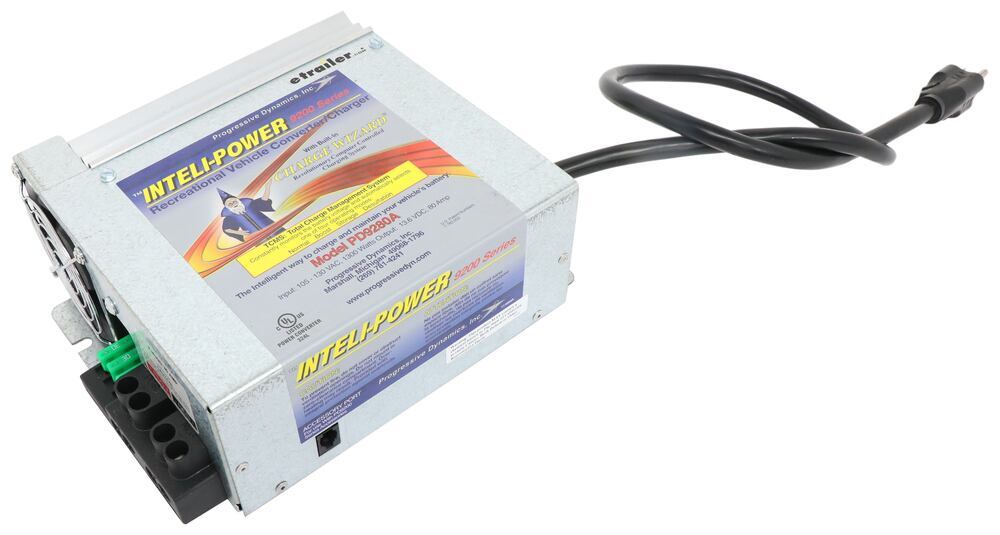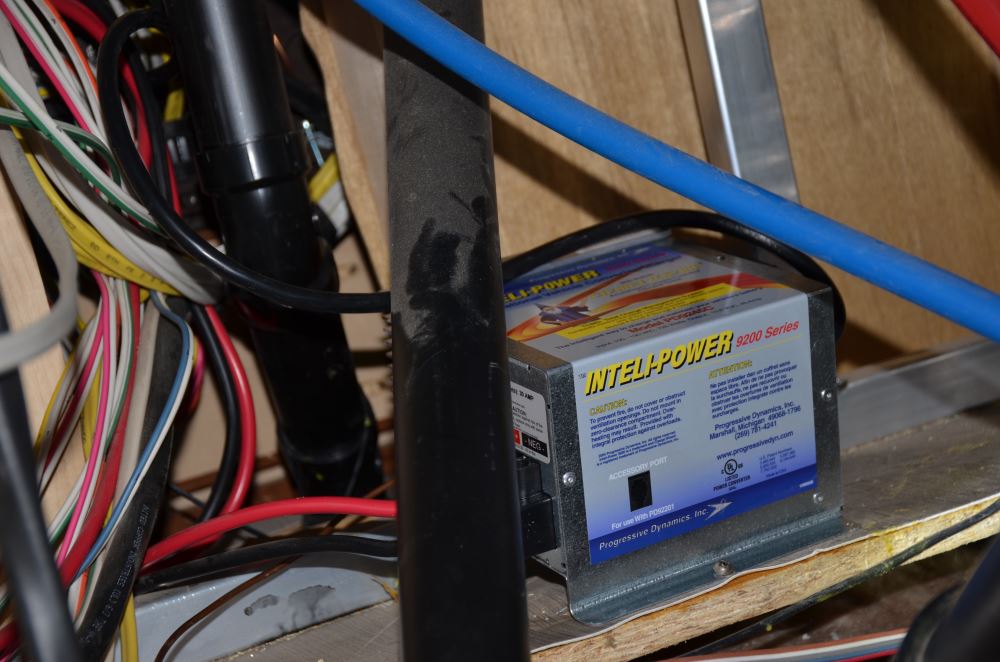

With a DC to DC charger, it's possible to use the same generator that your vehicle uses to charge its operating battery, to charge your off-grid battery. The alternator is incredibly similar to a generator. And when the engine is running, a device called an Alternator is used to charge this battery. Every vehicle on the road today has a battery to power its systems when the engine is not running. Because they work with two batteries, DC to DC chargers can also be called "battery to battery chargers" or "B2B chargers".ĭC to DC Chargers are commonly used to charge batteries using the power of your vehicle's alternator.

DC to DC chargers rely only on the energy from one battery to charge another battery. In these situations, you may need an alternative means to recharge your battery.ĪC to DC chargers or DC to DC chargers make great alternative options in these rare situations where solar power is not enough. However, one of the downfalls of solar power is that you may find yourself without sufficient sunlight to charge your solar batteries on some rare occasions. Solar power has many benefits as a simple, reliable, eco-friendly, and efficient source of energy.

DC is the type of energy stored in batteries of all kinds. DC can power devices such as lights, fans, and even refrigerators. Most common household appliances and electronics will run on AC power.ĭC stands for direct current and is used in many vehicles and many small appliances in RVs, boats, or AC/DC is not just the name of a band it refers to two common types of electrical current.ĪC stands for alternating current, and AC power is the type of current that comes from the electrical grid in most houses. If you're new to solar power, you may not be familiar with the terminology used for different types of electrical current.
#BEST 40 AMP RV SMART CONVERTER CHARGER HOW TO#
This article will explore DC to DCīattery chargers, what they are, what they're for, and how to use them. Since I think of my RV more as a "emergency vehicle" I wanted it to be at 100% all the time, so I bumped up the float voltage to 13.5.If you're trying to work out what kind of battery charger you'll need, you've come to the right place. I had mine set up to float at 13.2, and vampire loads were causing the LFP house battery SOC to drop to under 80%. If you can find a happy compromise between Lead Acid and Lithhium profiles, the IP22 is great. you can't have different charge profiles for each battery. I have a 3-channel IP22 (of which I'm using 2: one for house LFP and one for lead acid starting battery) and it seems like it bonds the two together. Second, note that the multi-battery IP22s do not have independent control of all circuits. Many LFP batteries are good for 2000+ cycles, and if you are storing your RV part of the year, you aren't even doing one cycle per day. I have a small RV with the IP22 (30 amp / 3 circuit).įirst, 50% SOC is very conservative - your LiFePO batteries will probably already last 10x longer than your RV, even if charged to 90% or 100%. The 12v appliances include: (They turn on and off as needed.).I dont need an inverter so I was not considering the Miltiplus.Will this work? Is there a better solution I'm not thinking of? I have no doubts that the Blue Smart IP22 30 Amp charger will charge my LiFePo4 batteries to my desired profiles but would it also be able to power the 12v appliances at the same time while charging my batteries? and continue to power my 12v appliances once my batteries are charged? I know this Victron charger has a power supply function but I would have it in charging mode as the first priority is charging the LiFePo4 batteries. The charger/converter in an RV not only charges the batteries but also acts as a power supply for all of the onboard 12v appliances when the RV is plugged into shore power. My thinking being I want to configure very specific custom charging profiles for my LiFePo4 batteries, 90% SOC before taking off for a trip, 50% SOC for storage and the existing WFCO charger is does not have configurable profiles. It has a WFCO WF-8955LiS and I want to replace it with the Victron Blue Smart IP22 12-Volt 30 Amp charger.

I am thinking about replacing the charger/converter in my RV.


 0 kommentar(er)
0 kommentar(er)
